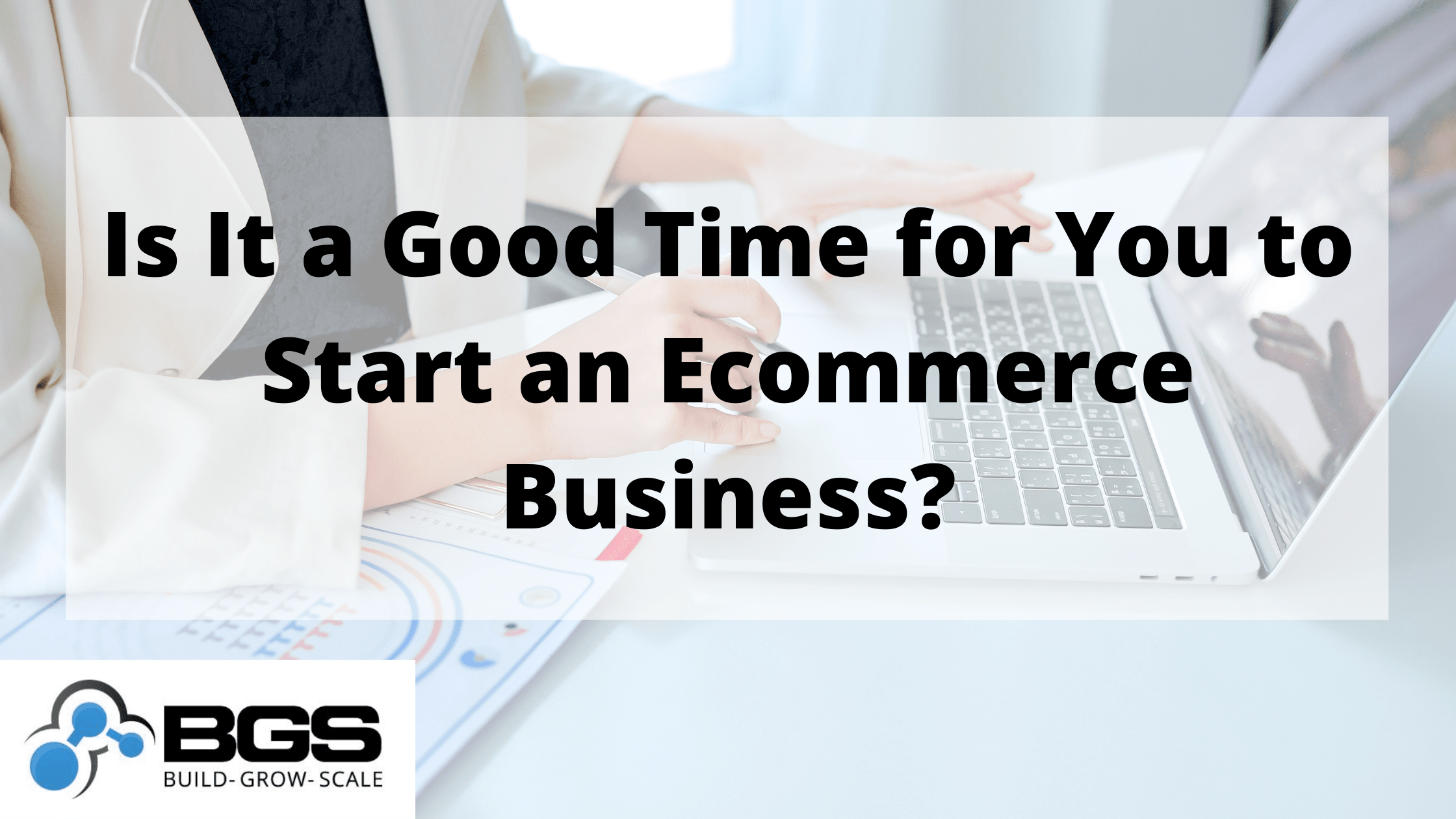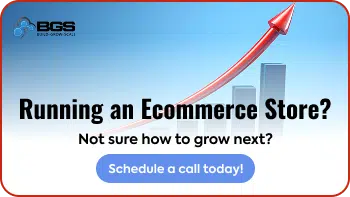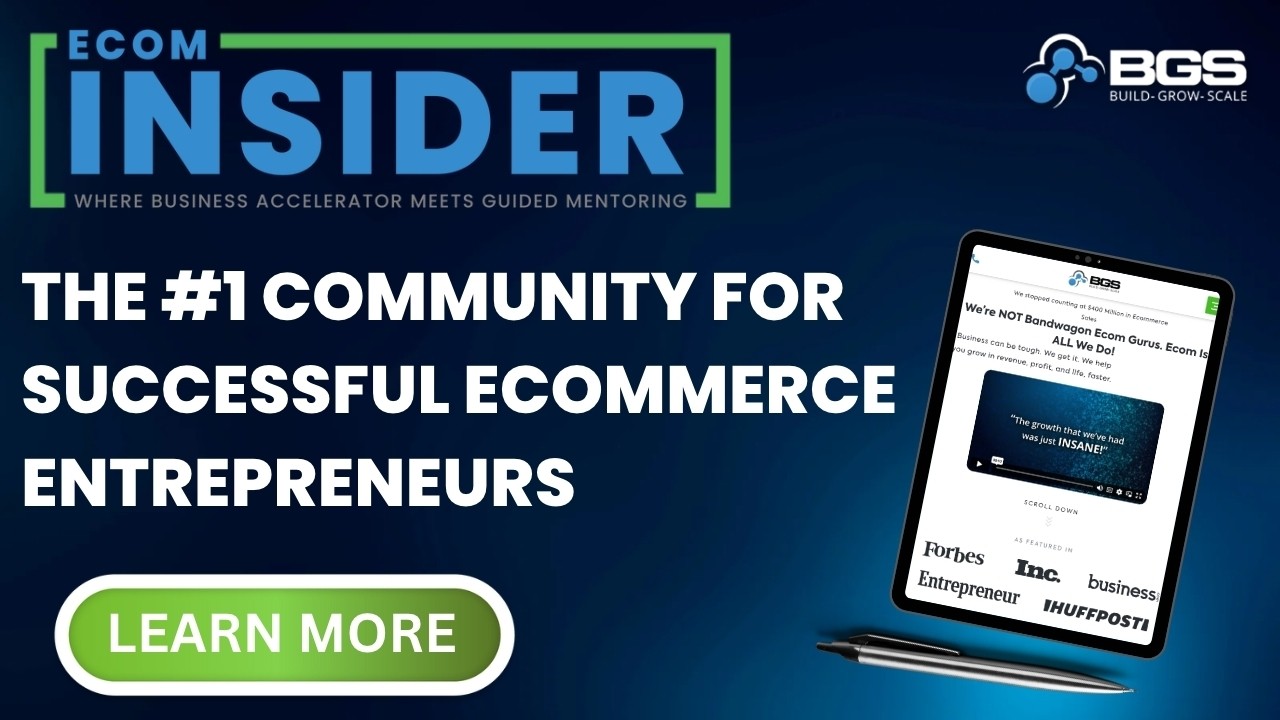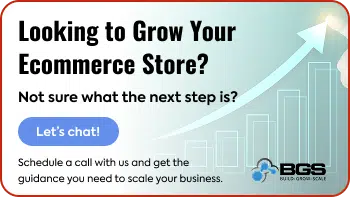Is It a Good Time for You to Start an Ecommerce Business?

Irene Wanja | Nov 17, 2020
Reading Time: 5 minutesPeople thinking of venturing into the online business world are probably asking themselves if this is the right time. The answer based on conditions today is simple: “Yes, it’s a good time to start an ecommerce business.”
Online sales numbers have been growing steadily over the years. This makes it increasingly advisable for any brick-and-mortar store to develop an online presence to cater to a growing number of customers who love to shop from the comfort of their homes or offices or for any new entrepreneurs that would love to set up a first-time business.
With increasing demand, more and more online businesses are opening, and that makes this shopping trend more fun because of the variety of options and competitive prices. And it’s also way faster, more convenient, and more trusted compared to a few years ago.
World events in 2020 also pushed more businesses online, making it a perfect time for you to either look into expanding an already existing offline business to gain a footing online or set up a totally new business to reach out to the masses.
According to Statista, more than 2.05 billion people around the world are expected to have shopped online by the end of 2020. Statista anticipates an increase in the number of global digital shoppers from the year 2014 to the year 2021 (from roughly 1.32 billion up to 2.14 billion).
But there are other things to consider as you begin to establish an online presence to ensure that, when you’re established, you’ve done it the right way and have captured the right audience.
Do You Know What You Will Sell?
What you sell matters a lot. The product that you get out there greatly determines whether the market will accept it or not. So you need to thoroughly research your potential product and the ecommerce industry. This will likely give you an idea of what you’ll be getting yourself into as well as what you need to do differently than existing competitors to appeal to an audience that’s willing to spend on your product even if it might be new in the market.
How Much Do You Know About Customer Demand?

Before launching your product to the ecommerce market, determine whether it’s something that consumers want and how often they need it. You also need to factor in whether you’d like to sell a seasonal product or a year-round product.
With data like this, you’ll be able to determine whether to start big or start small (and grow with increasing customer demand).
Do You Know Who Your Target Audience Is?

Give a lot of thought to the ecommerce product or niche you want to venture into to determine whether to sell locally or globally.
To sell locally or globally depends on the type of product you’re selling. For example, a digital product can be acquired from anywhere in the world. A physical product could take some weeks to deliver across the world, and the shipping cost might not be favorable for your customers (although, with fulfillment centers, you can speed up the delivery process and eliminate some of the shipping cost).
If your product has a global audience, you can go huge and cater to this audience after you’ve learned how to package the message you want to convey about your product to attract customers.
If you want to make a global impact, your store should be available in different languages while selling the same product. Amazon provides a good example. It’s capitalized on making sure that there are different platforms in the native language of the people Amazon is selling to (English, German, Italian, French, Hindi). This can create an instant connection. One famous quote from Nelson Mandela says, “If you talk to a man in a language he understands, that goes to his head. If you talk to him in his own language, that goes to his heart.”
Can You Deliver?
It’s one thing to open up an ecommerce store and another to be certain that you can keep up with the demand.
Taking into account that you will now cater to a potentially huge customer base, you need to take steps to ensure that you can run the business smoothly and that your customers are happy.
Fulfillment and delivery times are some of the most important factors in any business. Once customers have placed their orders, they expect to get their items delivered on time. The shorter the delivery time, the more customer demand increases for shopping in your store. According to, PwC Global, the people they surveyed would be willing to pay more for faster delivery (41%) or for a specified delivery window (44%).
Do You Have the Capital?
Having funds to kickstart your ecommerce business is key because there’s a lot involved in the process, including online store development, branding, marketing, and delivery.
You’ll need developers who can build your store from scratch. You’ll be deciding how you’re going to brand yourself and what marketing strategies you intend to use. You’ll be considering whether you’re going to look for a fulfillment company. Lastly, you’ll be looking to hire a store manager to help with the store operations, ensuring a smooth transition from when the order is placed by the customer to when it’s delivered.
No matter what amount you have to use as capital, there’s still hope for creating your ecommerce business and one of the key steps is to have the right mindset.
How Much Time Are You Willing to Commit?
People start an ecommerce business with different mindsets. Some start a business as a part-time activity, while others start them as a full-time job. Depending on your motive for starting the business, you need to determine how much time and effort you’re willing to put into it. If you’re willing to commit a huge amount of time to investing and implementing, your chances of growth and profitability increase.
You need to map out the amount of time you have and the amount you are willing to invest in your business. Keep in mind other daily commitments you have so you can avoid feeling overwhelmed.
Do You Have a Plan for Establishing Trust?
It’s very important to create and establish trust with your ecommerce customers the moment you decide to set up your business. When customers feel that they can trust you—that you deliver on your promises—that’s a very good attribute and one that can distinguish you from competitors.
Because this is so important, always use the right apps or surveys to get feedback from your customers. Never take reviews for granted—or avoid looking at negative reviews that come in through the store from your loyal customers. If you find them, fix the problems immediately.
Find Inspiration

If you’re just starting out and feel overwhelmed or aren’t getting the traffic or sales flowing in as you had expected—don’t worry at all and don’t give up! Remember that even the giants in the ecommerce industry were once in your position, but they chose to keep on going.
It can help to connect with others:
- Take ecommerce courses, like our Ecommerce Business Blueprint course designed by our team who’ve been through the ups and downs of ecommerce and sorted this out for you. We take you through the steps of starting your business and establishing yourself.
- Network and join Facebook groups, like our Ecommerce Business Blueprint Facebook group that can be of great help as you grow.
- Talk to other people who are on the same journey. You can motivate one another and grow together.
Remember, Rome was not built in one day. Join us and like-minded others to build Rome together, a brick at a time.
Resources
PwC Global. (2018). Almost a third of consumers plan for new AI home devices. PwC Global Consumer Insights.
Statista Research Department. (2019). Global number of digital buyers 2014–2021. Statista.



Table of Contents
Do You Know What You Will Sell?How Much Do You Know About Customer Demand?Do You Know Who Your Target Audience Is?Can You Deliver?Do You Have the Capital?How Much Time Are You Willing to Commit?Do You Have a Plan for Establishing Trust?Find InspirationResourcesTable of ContentsAbout the authorLeave a Comment Cancel ReplyAbout the author
Irene Wanja
Irene, a skilled Revenue Optimization Specialist for Build Grow Scale, combines an unparalleled focus on user research and a deep understanding of the ecommerce customer journey to orchestrate optimal shopping experiences. With an uncanny knack for detecting and addressing customer pain points through meticulous user testing, she utilizes tools such as moderated user tests, heatmaps, scrollmaps, and clickmaps to fast-track improvements in user experience and usability. Her keen eye for detail aids in swiftly spotting potential issues and implementing solutions, all while working closely with store owners and applying her intricate comprehension of user interactions. Passionate about software and technology, Irene immerses herself in enhancing her clients' business clarity, efficiency, and user satisfaction. Even though the value of user experience doesn't conform to a conventional numerical scale, the tangible outcomes of her work—improved user experience, amplified retention rates, and reduced customer support issues—are testaments to her prowess. Beyond her revenue optimization skills, Irene is a skilled writer and copywriter. She weaves her profound insights into engaging prose, crafting content that not only resonates with diverse audiences but also demystifies the complexities of user experience, consequently benefitting businesses worldwide.



